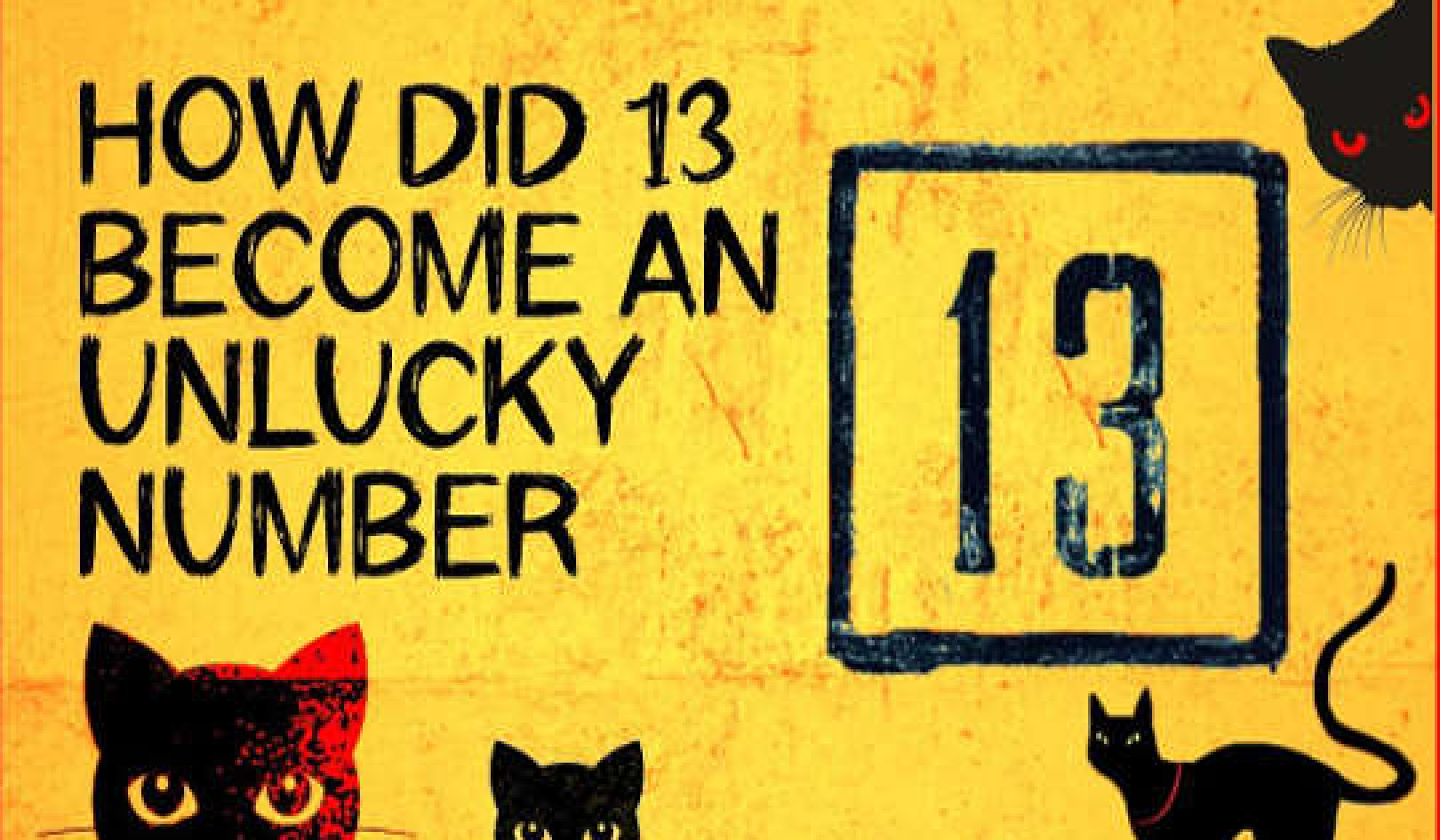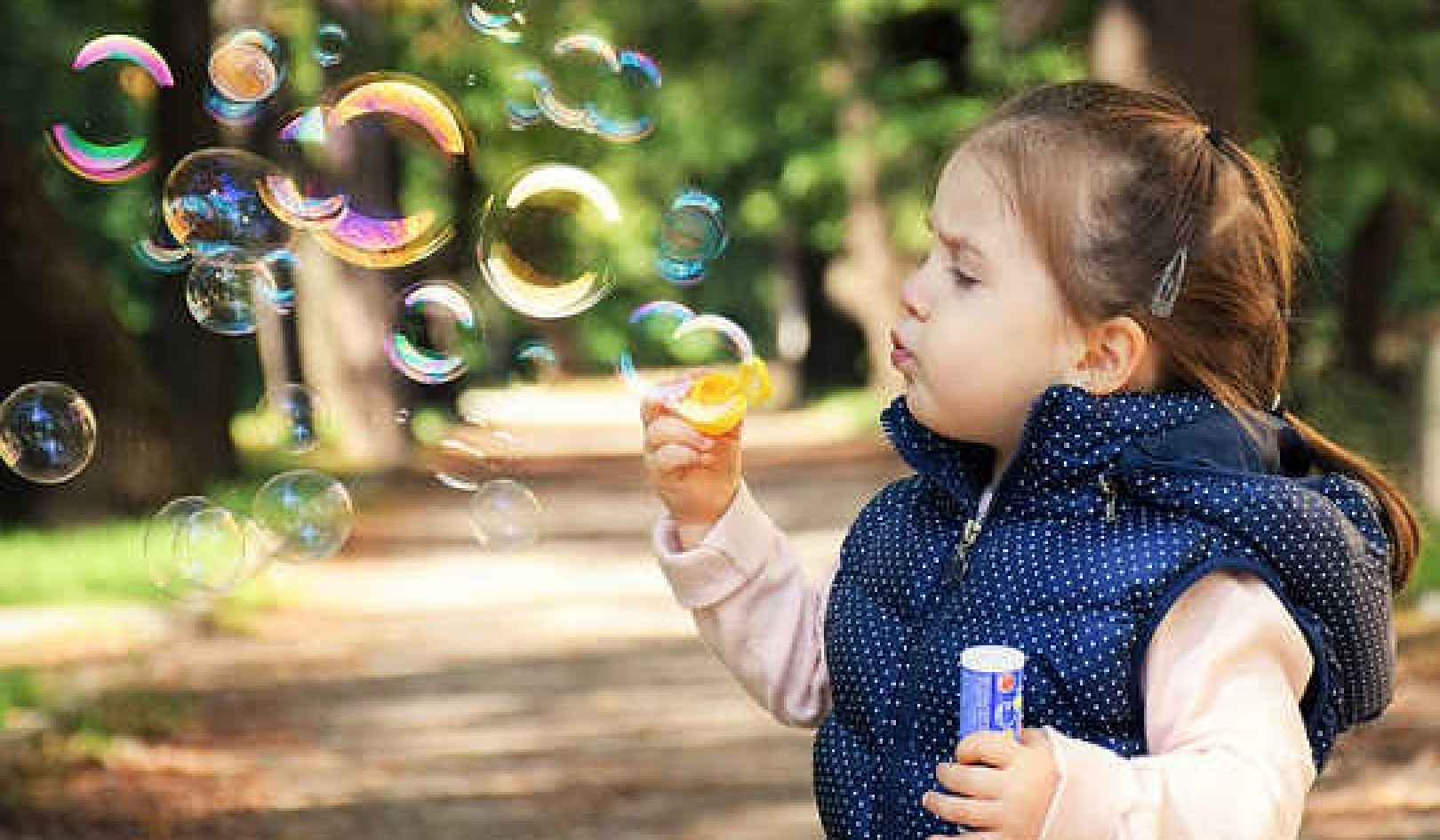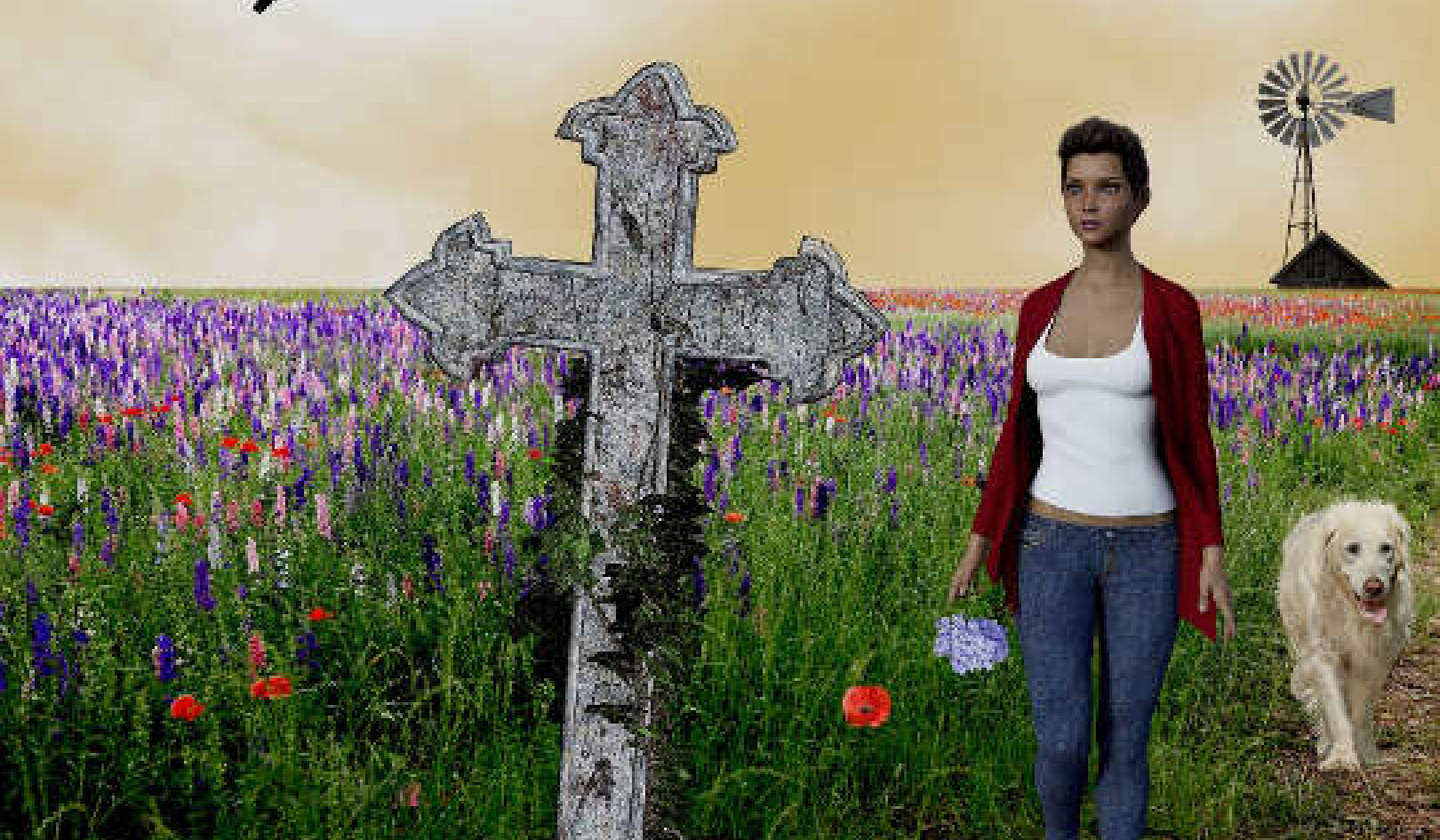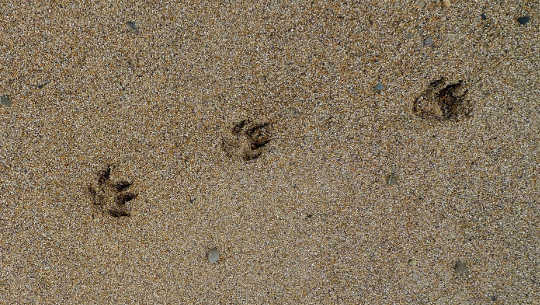
Image by Andrew Martin
Narrated by Marie T. Russell.
Editor's Note: Some of the following suggestions can also be applied to loss of our human beloveds.
We are ending the second year of the pandemic; the second year of this particular kind of grief, loss, and uncertainty that we are in collectively as a human species. The last two years have been exceptionally challenging in so many ways. Many of us have experienced the deaths of our animal friends, and the Covid-19 situation has made it all harder.
In addition to all of the disruption, loss, and changes in our human world, dealing with the deaths of our animal companions has been even more heartbreaking. Our animal family members may have been our primary support, companionship, and connection during this time, making the loss of these beloveds even more difficult.
Additionally, many of us are now even more aware of the great losses experienced by our wild animal beloveds in this time of massive species loss and extinction driven by human-caused climate change.
The Grief That We Feel
In my own family, I have had three deaths in 2021: my beloved cat Maddy, who transitioned in March at the ripe old age of 21, and my two beautiful hens, Callie and Zoey, who died in June. My precious cat Maraya died in June, 2020. All of these are losses and grief that I carry with me…even though my relationships and connections with all of these dear companions continue (and Callie has returned in a new body).
The grief that we feel after the deaths of our animal friends and family members can be deep, long-lasting, and profound. Often, it’s grief that is not well-understood or well-supported in our culture and society, which can make us feel even more isolated, alone, and misunderstood when we are experiencing great grief and great loss.
The Holiday Season and Grief
The holiday season can bring all of our grief to the forefront. Grief is grief, no matter the species, the circumstance, or the relationship. Sometimes, our grief over the deaths of our animal companions is the deepest and most profound grief of our lives.
Holidays can make everything more intense. Cultural expectations, family and community gatherings (now that we can do that again, at least in some ways), and the intense emotional overlay and history of the holiday season, both personal can collective, can make everything harder.
Living With and Honoring Grief and Loss
In my years of working as an animal communicator, and in working with my own grief in multiple losses in my own animal family, I’ve learned a few things that may be helpful.
Here are some suggestions for living with and honoring grief and loss of our animal friends, especially at this holiday time. These can apply whether you are grieving a companion animal, or wild individuals or groups of animals who have left our world.
6 Suggestions For Navigating The Holidays in Grief
When you are grieving the loss of an animal friend:
1. Honor, validate, and acknowledge your own emotions, your grief, and your relationship with your animals who have died.
Recognize the depth of your relationship. Recognize and honor the grief and loss you feel. Don’t pathologize yourself or minimize your grief by expecting yourself to “get over it.”
Grief has its own intelligence, its own timeline, and its own wisdom. Honor this, recognize this, and allow grief to do its good work.
Rest. Cry. Hibernate. Honor. Do whatever it is that you need to do to take care of yourself and allow your grief to flow. This is a holy time, a precious time. Allow it to take the time and energy that it takes. Surrender to the river of grief, and allow it to carry you. Grief is a wise and healing energy, though often painful and difficult. Allow the grief to flow.
2. Honor your relationship with your animal, your love, and your grief with a ceremony.
This can be simple and very personal. I like to do this on the Winter Solstice, honoring all of my beloveds who have passed and who are in the spirit world.
Do whatever feels right for you. You can do this outdoors or indoors. Some ideas: light a candle, say a prayer, sing or chant, do something that you loved to do when your animal was alive, make a memorial or shrine, write in a journal, make a collage of photos. Follow your heart and do what nourishes and supports you.
Honor the love that you share with your animal friend, and recognize that it is an energy that remains alive and continues.
3. Find your people…the people who understand, the people who can support you and respect your loss and your grief.
It’s important to be able to share your grief with empathic, supportive people who can honor and recognize the depth of your relationship with your animals, and who will not minimize your experience. These can be human people, or animals who are still alive and in your family, who may also be grieving and can share and honor your grief.
And, the opposite is also really important:
4. Do not share your deepest emotions, experiences, and grief with people who do not understand and/or who are unable to be empathic and support you.
I really cannot stress this enough. Expecting people who cannot “get it” to “get it” makes it all much more painful. Recognize people’s limitations, and don’t trust them with your deepest sorrow if they are unable to empathize and support you.
When my cat Maraya was coming to the end of her life, I expressed to someone that I was so afraid of not being able to be with Maraya when she died…of having to make a decision for euthanasia and not being able to be with her and to hold her as she passed because of the covid restrictions at the time. This person replied, “You think that’s bad–imagine all of the people who are going through this with their human family members!” In that moment, I knew that my heart, my relationship with my precious Maraya, and my experience of loss and grief was not safe with this person.
In the end, Maraya died on her own…just as we were on our way to the vet…difficult and heartbreaking for sure, and a blessing as well.
5. Do not allow others to pathologize your grief or give you a timetable for “getting through it.”
Many times, in our society, people who are grieving the deaths of their animal friends are told things like this:
“You can’t get over the loss of your animal friend because of all of the other [human] losses in your life that you haven’t grieved.”
“It’s “just” a ‘pet.’ When are you going to move through this?”
“You are only grieving this much because ‘animals give us unconditional love.'”
“You need to move on and get back to your life. Your [human] people need you.”
All of these kinds of statements (and many more in the same vein) indicate an inability to understand and recognize the deep and multi-faceted relationships that are possible with our animal companions. They reflect the limited viewpoint of the sender. Do not take them in, and limit your contact with those who are unable to support you in this time.
6. Trust that your relationship with your animals on the other side can continue, though in a different form. Ask your animal friends for help and support.
One of the things I hear most frequently in consultations/communications with animals who are in the spirit world is this:
“I am still here. I am still available. Our love and our relationship continues, though it is in a different form. This is the next chapter of our love for each other. It is not the end.”
Stay open to hearing, feeling, and communicating with your animals who are on the other side. Each relationship and each experience is different. Use telepathic communication, Reiki, and any of your other tools and spiritual supports to connect with them.
One note of caution: sometimes people will ask their animals in the spirit world something like, “If you can hear me and are still connected to me, please give me *this particular sign*. Although in some cases you may get the sign that you want, I have found that this kind of “ask” can get in the way of true, authentic connection, both for you and for your animal.
It’s better to be open–to ask for help, for awareness of your continuing connection–and then see what shows up, and what unfolds for you. Sometimes it may be a feeling, a sense of presence, or a remembrance of great intimacy and love. Sometimes it may be a sign in the physical realm. Stay open and receptive to what shows up for you and in relationship with your animal friends.
******************
I hope that these suggestions are helpful for you as you navigate the often complex and challenging waters of grief in this holiday season. If you are grieving, I offer you my understanding, my support, and my recognition of the depth of your loss. May you find peace and experience the great love and spiritual connection with your animal beloveds who are now in the spirit world.
This article was reprinted with permission
from Nancy's blog. www.nancywindheart.com
About the Author
 Nancy Windheart is an internationally recognized animal communicator and interspecies communication teacher. She teaches courses and training programs in interspecies communication for both lay people and those who wish to practice professionally. Nancy also provides animal communication consultations, intuitive and energy healing sessions, and professional mentoring for clients worldwide. She is also a Reiki Master-Teacher and a certified Yoga teacher.
Nancy Windheart is an internationally recognized animal communicator and interspecies communication teacher. She teaches courses and training programs in interspecies communication for both lay people and those who wish to practice professionally. Nancy also provides animal communication consultations, intuitive and energy healing sessions, and professional mentoring for clients worldwide. She is also a Reiki Master-Teacher and a certified Yoga teacher.
Nancy’s work has been featured in television, radio, magazine, and online media, and she has written for many digital and print publications. She is a contributor to the book, The Karma of Cats: Spiritual Wisdom From Our Feline Friends.
For more info, visit www.nancywindheart.com.
Related Book:
The Karma of Cats: Spiritual Wisdom from Our Feline Friends
by Various Authors. (Nancy Windheart is one of the contributing authors)
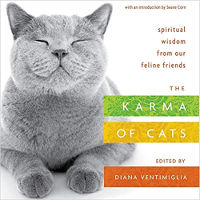 Both revered and feared throughout history, cats are unique in the mystical truths and practical lessons they share with us. In The Karma of Cats, spiritual teachers and writers reflect on the wisdom and gifts they’ve received from their feline friends?exploring themes of radical respect, unconditional love, our spiritual nature, and more. Loving companions and wild spirits, our feline friends have much to teach all who welcome them into their homes and hearts.
Both revered and feared throughout history, cats are unique in the mystical truths and practical lessons they share with us. In The Karma of Cats, spiritual teachers and writers reflect on the wisdom and gifts they’ve received from their feline friends?exploring themes of radical respect, unconditional love, our spiritual nature, and more. Loving companions and wild spirits, our feline friends have much to teach all who welcome them into their homes and hearts.
With an introduction by Seane Corn and contributions by Alice Walker, Andrew Harvey, Biet Simkin, Brother David Steindl-Rast, Damien Echols, Geneen Roth, Jeffrey Moussaieff Masson, Kelly McGonigal, Nancy Windheart, Rachel Naomi Remen, Sterling “TrapKing” Davis, and many more.
Click here for more info and/or to order this paperback book. Also available in a Kindle edition.






















